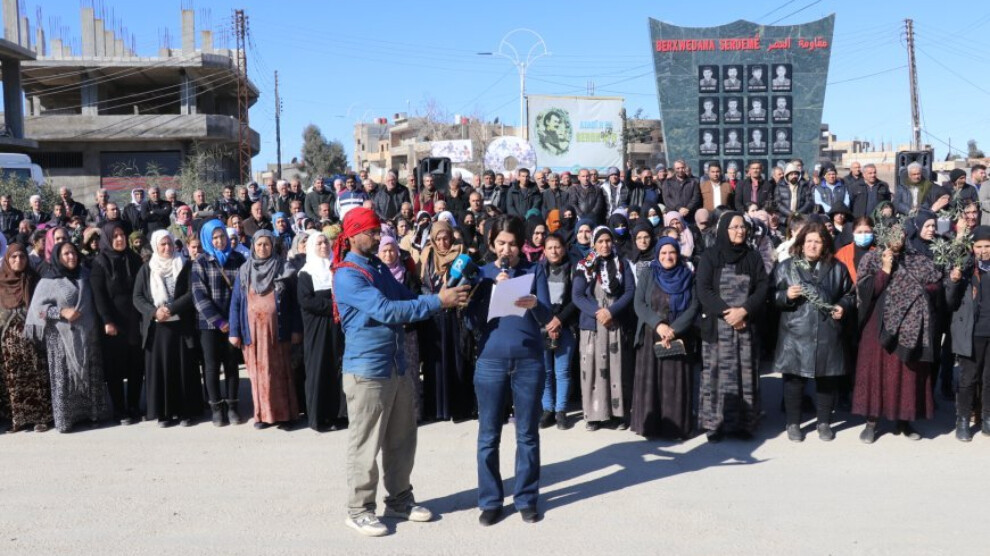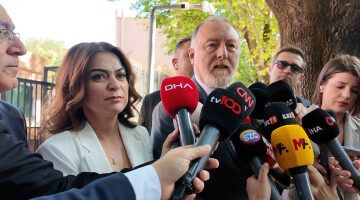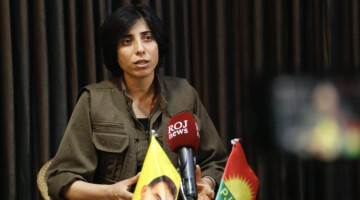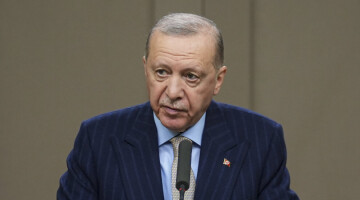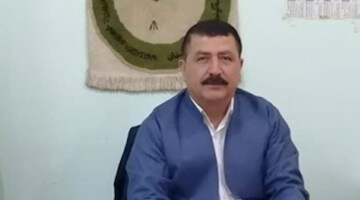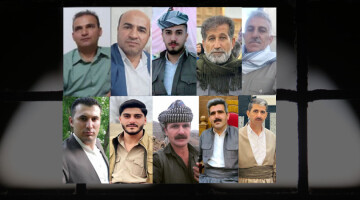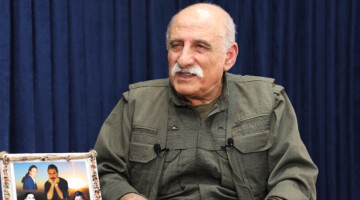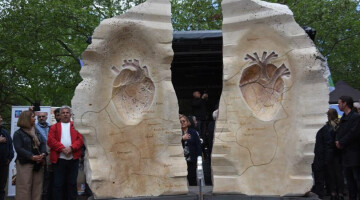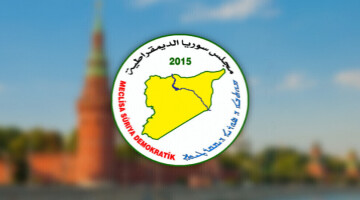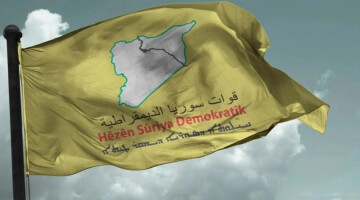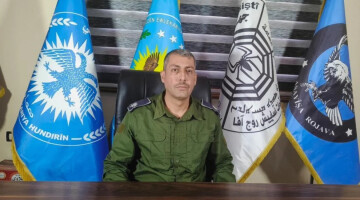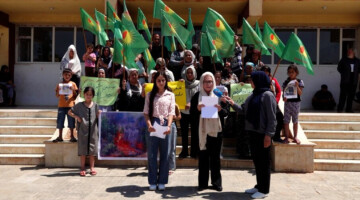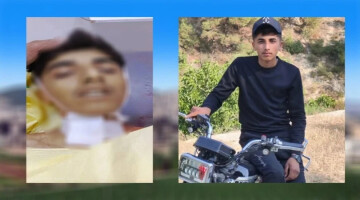Protest actions were organised in many cities in northern Syria on the sixth anniversary of the launch of the Turkish state's invasion attacks against Afrin. As a result of these attacks, the Turkish state and its gangs occupied Afrin in March 2018 and established a complete terror regime. A new war crime is committed almost every day in the occupied Kurdish lands. Crimes such as kidnapping, execution, torture, looting, forced displacement and the construction of colonial houses are committed on a daily basis.
The demonstrations attended by thousands of people pointed out the fact that the Turkish state's occupation of Afrin was the beginning of the crisis in Syria, calling for the unity of the people and the continuation of the resistance. The demonstrators called on the international community to end the occupation and take action against the crimes of the Turkish state.
Hesekê: Dozens of citizens, non-governmental organisations, members of the Council of Martyrs' Families, political parties and women's movements accompanied a press statement at Şehîd Ezîz Ereb Junction. Hesekê Assembly Deputy Co-Chair Farûq Tozo made the statement.
Dirbêsiyê: District Council Co-Chair made a press statement at the Free Women's Square denouncing the occupation of Afrin, accompanied by civil society organisations, members of the district council and Internal Security Forces.
Til Temir: Madlên El Ubeyd, Co-Chair of Til Temir Assembly, read the statement at the Martyrs’ Families Park.
Hol: Ziyad Hesen, Co-Chair of the District Assembly, made the statement in front of the District Assembly building.
Çilaxa: The statement read by the District Assembly emphasised that the occupation was a hostile attack against the democratic nation project and that the people should unite.
Tirbespiyê: In a statement in front of the Kongra Star headquarters, Hisên Omer, Co-Chair of the Assembly, addressed the international community, stating that invasion is an attack against the democratic nation project.
Background
Afrin Canton was the westernmost canton of Rojava and North and East Syria, home to 200,000 ethnic Kurds. Though the population was overwhelmingly Kurdish, it was home to diverse religious groups including Yazidis, Alawites and Christians alongside Sunni Muslims.
On 20 January 2018, Turkey launched air strikes on 100 locations in Afrin, as the onset of an invasion they dubbed ‘Operation Olive Branch.’
The Turkish Air Force indiscriminately shelled civilians as well as YPG/YPJ positions, while a ground assault was carried out by factions and militias organised under the umbrella of the Turkish-backed National Army.
By 15 March, Turkish-backed militias had encircled Afrin city and placed it under artillery bombardment. A Turkish airstrike struck the city’s only functioning hospital, killing 16 civilians.
Civilians fled and the SDF retreated, and by 18 March Turkey was in de facto occupation of Afrin. Between 400 and 500 civilians died in the invasion, overwhelmingly as a result of Turkish bombing. Other civilians were summarily executed in the field.
Prior to the Turkish invasion, Afrin had been one of the most peaceful and secure parts of Syria, virtually never seeing combat during the civil war bar occasional skirmishes between YPG/YPJ and jihadist forces on its borders. As a result, Afrin offered peaceful sanctuary to over 300,000 internally displaced people from elsewhere in Syria.

